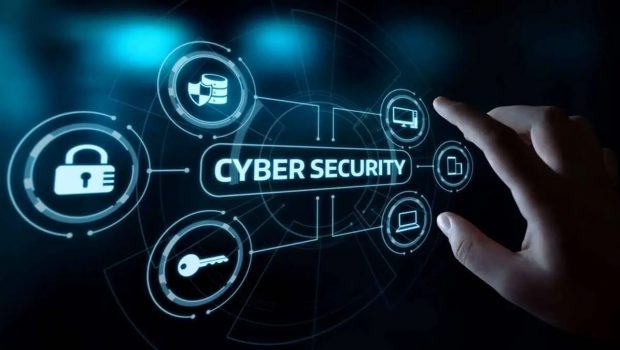Why cybersecurity is education sector’s very own Achilles’ heel
While India bats for digital transformation of its education system, cybersecurity seems to remain an area of concern. “In the education sector, cyber attacks can be distinguishable under three sections: tampering of study materials, which will disrupt the academic discourse; risks in financial transactions; and defamation of institutions or any person associated with it by mishandling personal data,” Pratik Ghosh, Digital Transformation Head, SCS Tech India told FE Education.
India failed in the cybersecurity literacy test with 51.2 points out of 100, which is 14 points below the global average, a 2021 report by NordVPN revealed. Furthermore, the country scored 57.6% in theoretical knowledge of cybersecurity on global ground. For industry experts, it is about time, security of the digital world should be taken rather seriously. “Cybersecurity is an integral part of maintaining privacy. More than syllabus, universities and institutions should come forward with awareness programmes to educate people about cybersecurity,” Rajesh Khanna, professor, NIIT, explained. He further added that with the intense use of artificial intelligence (AI), cyber threats are expected to increase.
Interestingly, experts believe that a significant reason for lack of knowledge of cybersecurity is that, at school level these courses are not taught widely until 11-12th grade. Here streams are divided under science, commerce, and humanities. Students who pursue any stream other than science, are deprived of the basic knowledge of cybersecurity. “Although details of cybersecurity at a theoretical level can be taught at university, basics of it, including computer literacy, ethical hacking and cyber threats should be taught at school level,” Ghosh said.
Furthermore, experts opined that data security is a prime concern, as Internet service providers, sourcing authorities, and even the government can access data after the browser activities. “Knowledge, awareness, and strong control is needed for cyber security, as any personal information has commercial values too, and they need to be protected at individual level,” Ankur Mathur, vice president, business unit head, education, Tata Consultancy Services, said. He further added that many research institutions have intellectual properties, which can be accessed illegally for monetisation.
Also Read: How will 5G impact the education sector?








Gloss